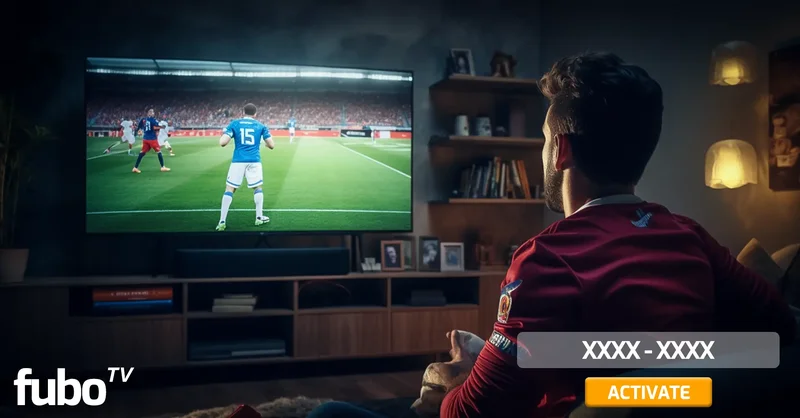YouTube TV's Disney Dispute: A Predictable Endgame?
The dust-up between YouTube TV and Disney continues, leaving subscribers without ABC, ESPN, and a host of other channels. YouTube TV is refusing to budge on Disney's Election Day request to temporarily restore ABC, citing potential customer confusion. It's a bold move, especially considering the high stakes involved (think "Monday Night Football" viewership). But is this just another skirmish in the streaming wars, or is there a more predictable endgame at play?
The core issue, as always, is money. Disney wants more, YouTube TV wants to pay less. Google's argument is that most subscribers didn't even bother watching ABC on the last two election days. It's a cold, data-driven assessment, and one that likely stings Disney. YouTube TV is also pointing out the distinction between themselves and other platforms, referencing Disney's past disputes with DirecTV. Does YouTube TV believe it has more leverage? It's hard to say definitively, but their willingness to call out Disney's "tactics" suggests a certain level of confidence.
David Gandler, CEO of FuboTV, claims that there's no overlap between Fubo and Hulu + Live TV's customer bases, with Fubo focused on sports and Hulu on general entertainment. This is a convenient narrative, but the numbers tell a slightly different story. Fubo's subscriber base in North America is up 1.1% year-over-year, reaching 1.63 million. Revenue, however, is down 2% to $368.6 million. So, while they're adding subscribers, they're making less money per subscriber. Does this suggest that Fubo is acquiring less valuable customers, or that they're being forced to offer discounts to compete? (The answer is likely some combination of both).
Gandler also mentions exploring the ESPN "ecosystem," seeing untapped potential for subscriber growth. He is correct, but why hasn't Fubo already tried to leverage this ESPN content? What took so long? I've looked at hundreds of these earnings calls, and this particular delay is unusual.

Fubo's launch of a sports "skinny bundle" for $56 a month, reaching 80% of the country, is also a telling move. They're trying to capture the price-sensitive sports fan, the very same demographic affected by the YouTube TV-Disney blackout. Is Fubo truly distinct from Hulu + Live TV, or are they both just vying for the same pool of cord-cutters? The answer, I suspect, is that they are competing for the same pool of cord-cutters, but Fubo is hoping to differentiate itself with a sports-heavy focus.
The broader picture is that consumers are being funneled into an illusion of choice. YouTube TV subscribers are told to consider Fubo, Sling, or ESPN Unlimited. But are these services truly independent, or are they all part of the same media conglomerate ecosystem? Disney owns a majority stake in Hulu. ESPN Unlimited is, obviously, a Disney product. The "alternatives" are often just different doors leading to the same house. How to stream ESPN, ABC and more without YouTube TV
The passing of Bob Trumpy, former NBC NFL analyst, at age 80, adds a layer of nostalgia to this whole situation. Trumpy, who called the Super Bowl four times, represents a bygone era of broadcasting, a time before streaming disputes and corporate power plays dominated the sports landscape. Cris Collinsworth's comments about Trumpy being the first person he knew "to make the jump to network television" highlights how much the industry has changed. Trumpy's era was about access and talent. Now, it's about content distribution and rights management.
It's worth remembering that the fights over content rights have been going on for decades. The platforms change, the players change, but the underlying dynamic remains the same: media companies trying to maximize profits, and distributors trying to minimize costs. The only real difference now is the sheer scale of the streaming market and the degree to which it impacts consumers.
The data suggests a predictable outcome: Disney will eventually get its price. YouTube TV may hold out for a while, but the Mouse House has a long history of winning these battles. Disney has leverage – specifically, live sports and premium content. Subscribers will only tolerate a blackout for so long before switching to a service that carries ESPN and ABC. YouTube TV knows this, and Disney knows that YouTube TV knows this. The question isn't if they'll reach an agreement, but when and at what price. And you can bet that price will ultimately be passed on to the consumer.